Post
A catch
Save a catch to start your fishing logbook. You will be able to to share it with the community if yo want!
A fishing trip
Post an ad to go fishing with other fishermen
Save a catch to start your fishing logbook. You will be able to to share it with the community if yo want!
Post an ad to go fishing with other fishermen
Share a thought, a question with the community
My favorite cities
×Join our 625 fishermen in Wallyford in East Lothian. The fishing forecast is currently 3.2. The most caught fishes here are the halibut fish, the plaice fish, black bream fish and the pollack fish. Come try the most famous fishing techniques like the fishing bream from a dock or jetty, fishing with method feeder and pellet feeder, angling squid with sardine or tips for jig fishing or cast fishing material for mackerel fish.
Our fishing forecast of Wallyford indicates the best time to go fishing in this city.
The Halibut fish
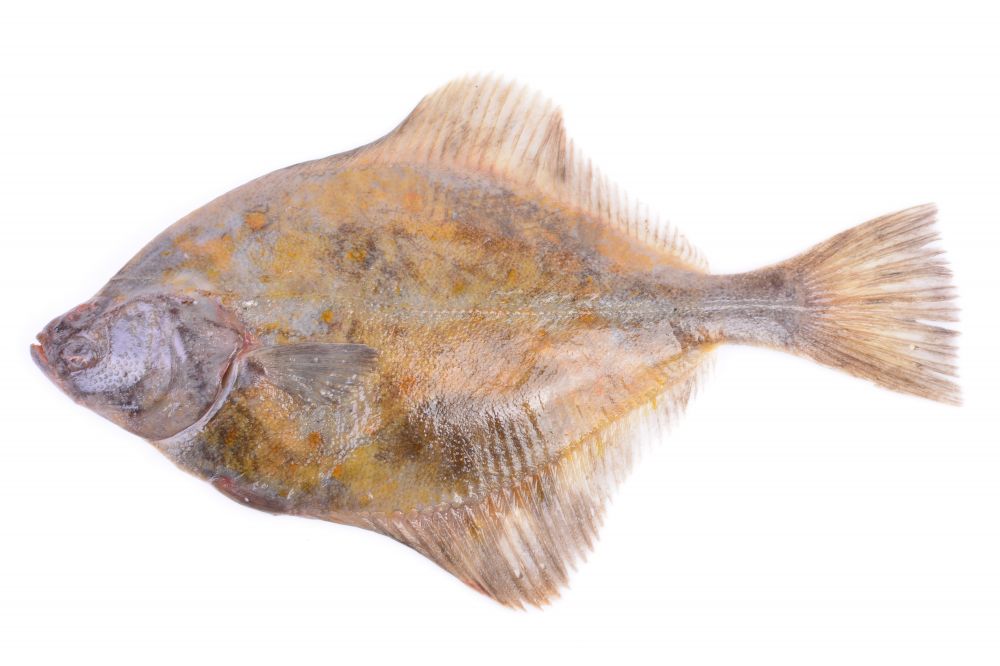
The Halibut fish belongs to the Pleuronectidae family. It can measure up to 4 m, weigh more than 100 kg and live to be 50 years old. It breeds from February to May and lays up to one million eggs. the fishing season is open from March to November. Halibut is a flatfish of the Pleuronectidae family. Like all fish in this family, its eyes are both located on the right side of his head (dexter fish), with the left side blind and unpigmented facing the ground. Its body is elongated, its lateral line strongly arched in the pectoral region, its mouth wide, its teeth curved and its tail concave. The color of its right flank (upper flank) varies from greenish grey to dark brown, while its left flank ranges from white to pale grey.
The Halibut fish is a famous fish you can catch in Wallyford.The Plaice fish
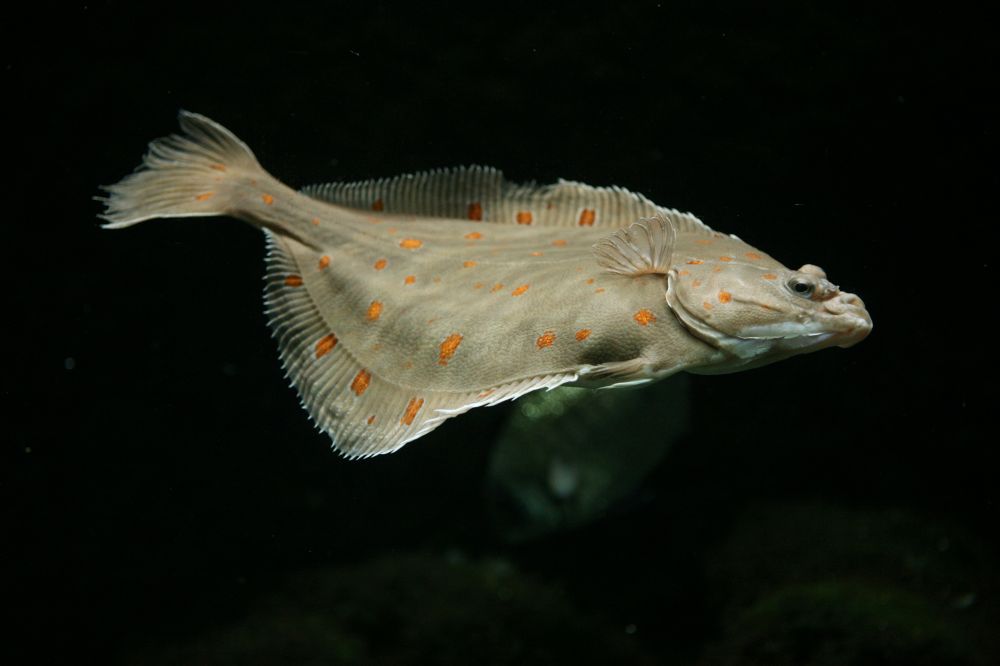
The Plaice fish belongs to the Pleuronectidae family. it does not usually exceed 61 cm. Growth is slow and the average lifespan is between 12 and 15 years. Reproduction takes place between February and May. Fertility is 125,000 eggs on average. It can be fished all year round. The plaice fish is a dexterous flat asymmetric fish: its two eyes are located on the right flank. Its body is thick. The ocular side is generally uniform, ranging from reddish to dark beige and spotted, while the blind side is white. His mouth is big. Its caudal is rounded and of moderate size. The lateral line is almost straight, except for a slight arc above the pectoral muscles. The dorsal fin has 76 to 101 rays, it originates in front of the left eye and ends on the caudal peduncle. The anal has 60 to 79 rays, it begins just below the operculum and ends under the posterior end of the dorsal fin. The head and body are covered with small ctenoid scales, they are rough on the ocular side; those on the blind side are mainly smooth and cycloid.
The Plaice fish is a famous fish you can catch in Wallyford.Black Bream Fish
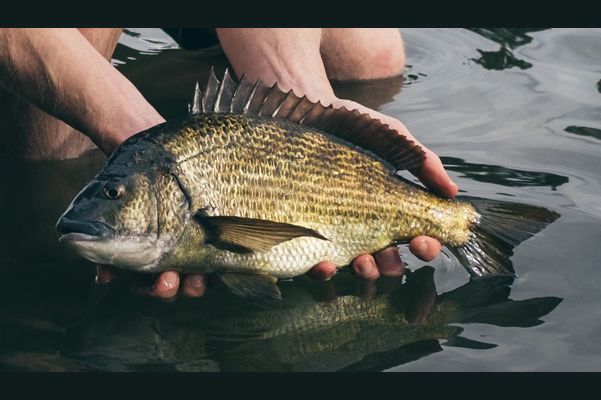
The Black breamfish, also known as Acanthopagrus butcheri, is a Sparidae. In general, its average size is 15 to 35 cm and its weight is 500 g to 2.5 kg. However, some individuals can reach up to 60 cm and 4 kg. The black bream has a lifespan of 27 years. Its spawning period is between August and January. It can have up to 300,000 spawn each season. It is not hard to catch and offer a little resistance. The Black bream has a high body and relatively compressed laterally, with symmetrically curved dorsal and ventral fins. The mouth is of moderate size compared to the body and has six incisors in the front of the lower and upper jaws. The body is covered with large scales that can be cycloid or slightly ctenoid. The head is essentially flake-free, except for the lids. A flake sheath covers the soft ray bases of the dorsal, anal and caudal fins. The Black Bream is silvery, from golden brown or bronze to grey-green on the back as well as on the sides with sometimes greenish reflections, depending on its habitat. The belly is white. The fins are all dark, with black borders. The caudal fin is often dark olive-brown.
Black Bream Fish is a famous fish you can catch in Wallyford.The Pollack fish
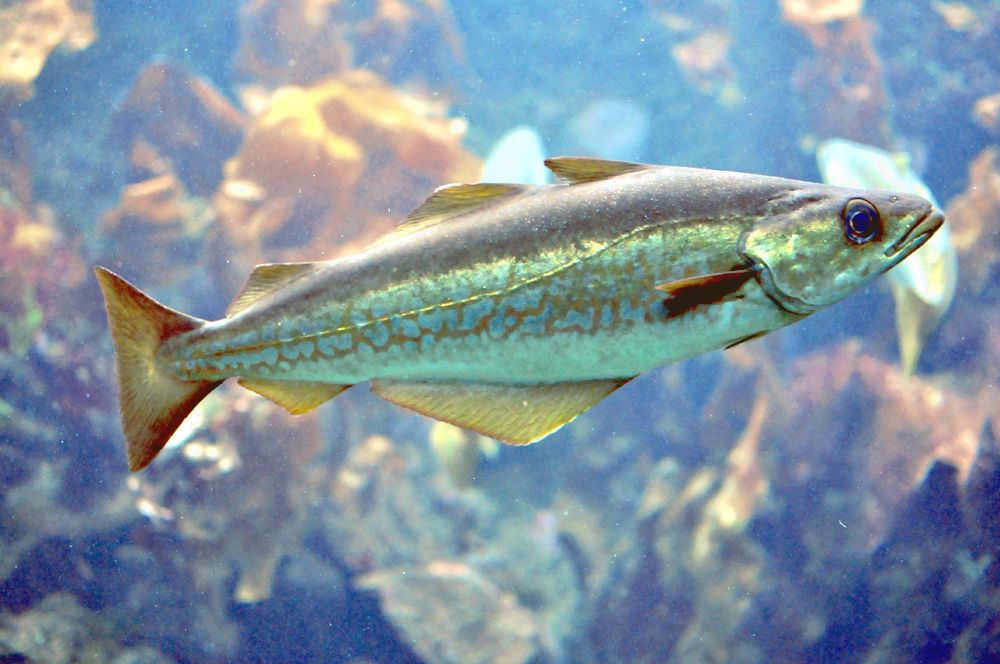
The Pollack fish belongs to the Gadidae family. Its size can reach 1.40 m for an average of 60 to 80 cm. The Pollack grows very quickly and lives between 8 and 10 years, while most pelagic fish have a lifespan of more than 20 years. Reproduction takes place in February March. Fertility can reach 4 million eggs. It can be fished all year round. Elongated body, covered with small scales, orange-yellow color, darker on the back, marbled in young individuals, bright yellowish white in adults. Prominent lower jaw, big eye. The dark-colored lateral line is curved at the pectoral fins, which makes it easily distinguishable from the black locus (Pollachius virens) in which it is straight. The Pollack, like many Gadidae, has three clearly triangular dorsal fins and two anal fins. It is one of the few Gadidae that does not have chin barbells. Juveniles are rather reddish brown with longitudinal stripes of blue-grey.
The Pollack fish is a famous fish you can catch in Wallyford.The Brill fish
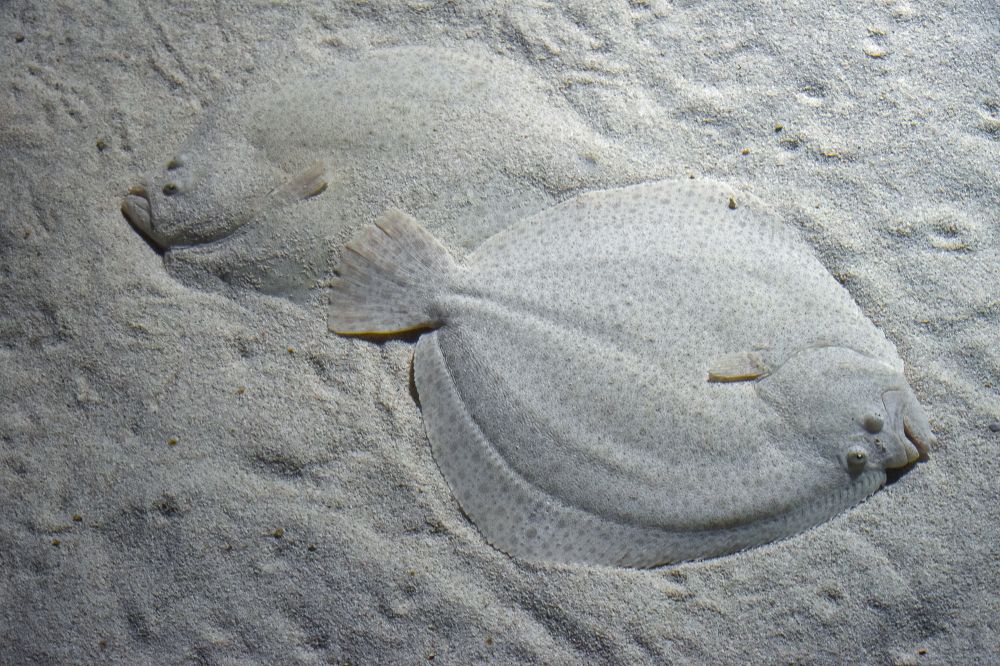
The brill fish belongs to the Scophthalmidae family. The minimum size of capture is 30 cm but can reach 75 cm for 6 kg. He can live up to 3 years. It breeds from late spring to early summer. The female can lay up to 15 million eggs. It can be fished all year. The brill has an oval body. It rests on its right side and has its left side. Thus, when placed with the head facing left, both eyes are located above the mouth. Its common name of brill comes from a particularity of its dorsal fin, whose origin is far in front of the eye and whose first rays are free and branched. The distance between the two eyes is greater than the diameter of one eye. The lateral line is very curved at the pectoral fin. As with many flatfish, the coloring is variable and depends on the biotope. The brill is indeed capable of homochromia, i.e. to match the color of the background. The coloring is rather brown, more or less speckled, and also varies according to the environment on a live fish. It has many round spots whose edges are incomplete rings of darker colors. The blind side is whitish.
The Brill fish is a famous fish you can catch in Wallyford.Our fishing forecast of Wallyford indicates the best time to go fishing in this city.
Our fishing forecast of Wallyford indicates the best time to go fishing in this city.
Our fishing forecast of Wallyford indicates the best time to go fishing in this city.
